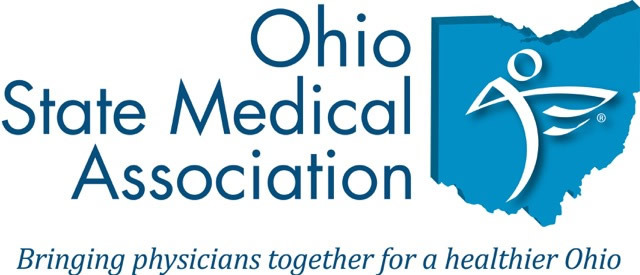Complete Story
04/25/2024
FTC Issues Final Rule On Non-Compete Language – Legal Action Anticipated
In January of 2023, the Federal Trade Commission (FTC) issued notice of a proposed rule prohibiting non-compete agreements between nearly every employee/employer under the FTC’s jurisdiction, including physician employment agreements. While OSMA could not support the proposed rule, we did provide comments explaining our position and taking into account all of our members—specifically to create a workable solution tailored to restrictive covenants in medicine.
After receiving 26,000 comments on these rules, the FTC held a special meeting this week to outline the final proposed rule and voted 3-2 to issue the rule. The final rule did not change drastically from the initial proposed rule of 2023. The final proposed rule will still ban new non-compete agreements going forward for all workers. Existing non-competes with workers other than senior executives are not enforceable beginning on the effective date of the rule. The rule defines “senior executives” as earning more than $151,164 annually and are in a “policy-making” position. Read the final rule materials here.
The FTC did acknowledge that its jurisdiction to enforce this rule does not apply to most non-profit entities, which could include many non-profit health systems and hospitals. However, the FTC indicated that its jurisdiction does apply to non-profits whose activities provide substantial economic benefit for its for-profit members. Thus, the question as to whether this rule could apply to a particular non-profit health system or hospital is still subject to debate between legal observers.
Although the final rule will become effective 120 days following its official publishing, the US Chamber of Commerce and other business groups have already filed an action in a Texas federal court to halt the rule from going into effect. The Chamber argues, among other things, that only Congress (not the FTC) has the authority create such a broad reaching public policy, and that the FTC violated the federal rule-making process. The Chamber has requested the court vacate the rule and enjoin it from becoming effective. This litigation will likely take months or years to be completely resolved, so the rule is unlikely to be effective within 120 days. Thus, the rule language that eventually becomes effective (if at all) may be significantly different from this final rule.
OSMA will continue to monitor the next steps in this rulemaking to determine what advocacy action may be required.
Have Questions? Please email Sean McCullough, OSMA’s Policy Director and Legal Counsel.

